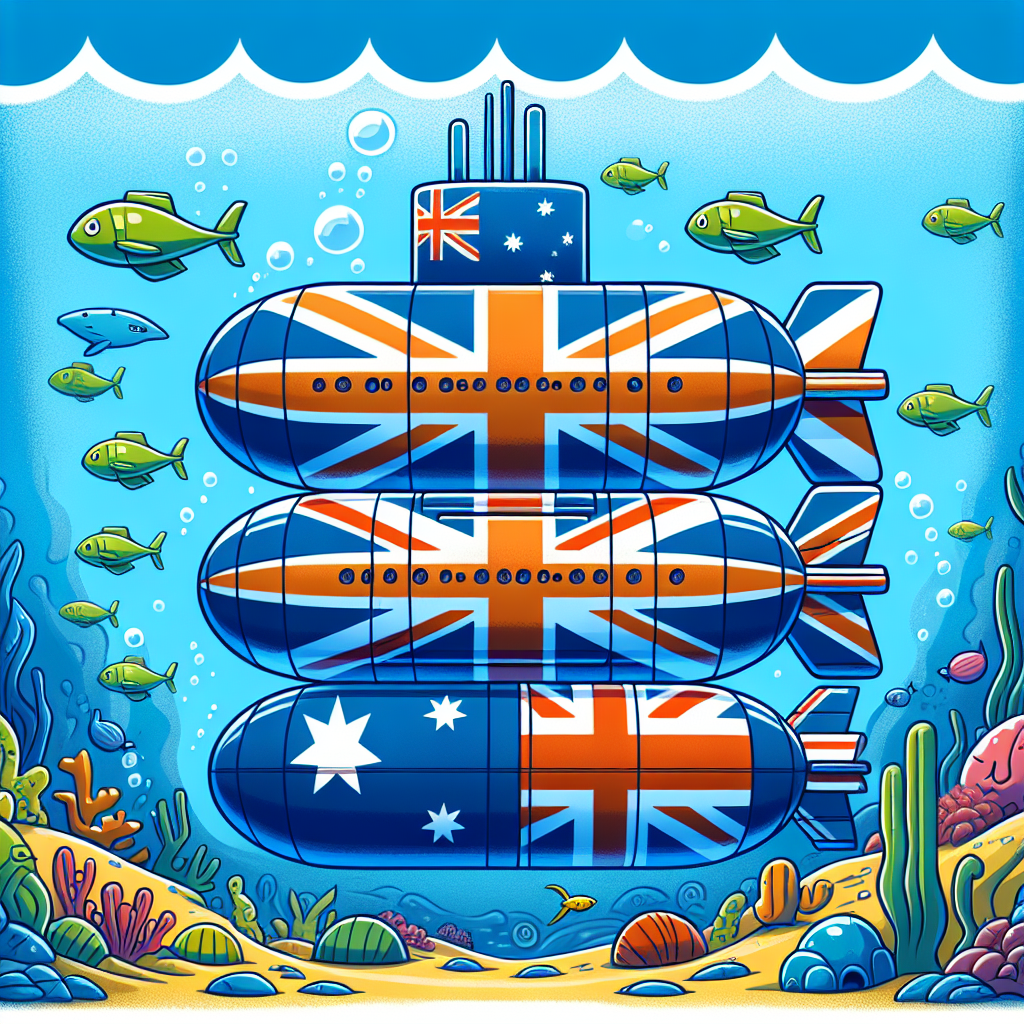
(Bloomberg) — Once synonymous with the energy drink industry, Red Bull GmbH and Monster Beverage Corp. are losing market share in an industrywide shift toward health and wellness, where their high-octane, sugared beverages are losing appeal. The legacy players are trying to protect their turf — they still control more than half the US market — as new sugar-free brands surge in popularity.
The rise of new entrants began during the pandemic “when consumers started prioritizing their wellbeing,” said Sally Lyons Wyatt, Circana’s chief adviser on consumer goods and foodservice insights. Austria-based Red Bull pioneered the energy drinks category by associating it with extreme sports. It also became a club scene fixture.

In 1997, it brought the drink to the US, with Monster — then known as Hansen Natural — launching its version around the same time. Copy-cat brands like Coca-Cola Co.’s KMX and PepsiCo Inc.
’s Amp Energy soon proliferated. That eventually sparked criticism about the potential health dangers of the products. Celsius Holdings Inc.
, marketed as a drink with “better-for-you” ingredients, became particularly popular, with the help of social media fitness influencers. The company says its fruit-flavored drinks are enriched with vitamins and other nutrients. This “appealed to an entirely new set of consumers that wouldn’t touch energy drinks otherwise,” said Jefferies analyst Kaumil Gajrawala, who covers beverage stocks.
While Red Bull and Monster have offered sugar-free versions for some time, these were mainly aimed at calorie-conscious men as they aged, rather than the broader health-conscious market. “It was an extension of the existing brand,” said Kenneth Shea, a beverage analyst at Bloomberg Intelligence. Red Bull was created in 1984 when Dietrich Mateschitz discovered a local Thai energy drink called Krating Daeng — Thai for Red Bull — teamed up with its owner, tweaked the recipe, added fizz and brought it to the global masses.
The drinks business spawned a sports-marketing empire spanning sports from Formula 1 to soccer and mountain biking. Meanwhile, Hansen Natural’s stock price soared about 70,000-fold between 1997 and 2012, when it changed its name to Monster Beverage. The overall energy drink market’s rapid expansion has continued to benefit Monster and Red Bull.
Both have posted strong growth in US revenue in recent years, even if new entrants have gained market share. Rival beverage giants aren’t standing still. Keurig Dr Pepper Inc.
, which launched Venom Energy and distributes Adrenaline Shoc, is making another push into the energy drink market with investments in Nutrabolt’s C4 Energy, Bloom Nutrition, Black Rifle Coffee’s energy drinks, and a $1 billion acquisition of Ghost. All three are zero-sugar brands, but they target different consumers, said Justin Whitmore, Keurig Dr Pepper’s chief strategy officer. C4 focuses on fitness enthusiasts, Bloom targets women, and Ghost is going for the social crowd at events like music festivals.
The energy drink category is growing faster than other beverage segments and is particularly popular with millennials and Gen Z consumers, Whitmore said. “The category we think is one that has staying power,” he said. “The need state is very clear.
” Celsius is trying to take on even newer entrants with larger 16-ounce (47 centiliter) cans, retro-inspired flavors and on-the-go powder sticks, said Kyle Watson, its chief marketing officer. An October survey from Piper Sandler found that energy drinks were teens’ most preferred source of energy, surpassing coffee and soda. In an effort to protect their turf, the legacy companies have launched new products and brands targeting different consumer segments.
Red Bull introduced its fruit-flavored “Editions” series in 2013, with and without sugar. After several years of stellar growth, competition in the US may be the biggest challenge for 32-year-old Mark Mateschitz, who took control of Red Bull in 2022 following his father’s death. The company, which is closely held and secretive about its operations, seems to be placing more emphasis on sugar-free drinks.
For the first time in its “Editions” line it launched sugared and sugar-free versions at the same time in October. Red Bull did not respond to requests for comment. In 2019, Monster launched Reign, a brand aimed at workout enthusiasts, marking a shift away from Monster’s typical association with extreme sports and gamers.
Reign was created to compete against fitness-focused Bang Energy — which it later sued and acquired. In 2023 it introduced Reign Storm, a sleeker, minimalist spinoff designed to appeal to the same health-conscious consumers that Celsius had captured. Reign Storm has had “limited success so far,” said Stifel analyst Mark Astrachan.
Reign held just about 3% of the market in 2024, compared with about 12% for Celsius, based on data of market share by dollar sales from Circana cited by Celsius. Red Bull’s Editions series also lags behind, accounting for about 2% of the market, a fraction of other brands, including the original Red Bull, according to Circana data of market share by volume share in the 52 weeks ended Dec. 1.
Investors have taken note of the threat. Monster’s stock has dropped 9.3% this year, the first annual decline since 2018.
Monster has pledged to revive the Bang brand with new launches next year, Chief Executive Officer Rodney Sacks said during the company’s second-quarter earnings call. Monster’s diversified portfolio could shield it from ceding more ground, Stifel’s Astrachan said. The company also believes there’s a market for sugared drinks.
“Everybody’s focusing on zero sugar,” Monster’s Sacks said on an investor call earlier this year. “But we do believe there is a market in the US, particularly Middle America, where consumers still want a full-sugar product.” Demand for sugar-free energy drinks is expected to continue driving the industry’s growth.
Consumers are increasingly hunting for value and turning to drinks that promise all-in-one benefits, said Lyons Wyatt. “It’s more than just energy. It’s energy plus.
” —With assistance from Marton Eder..











